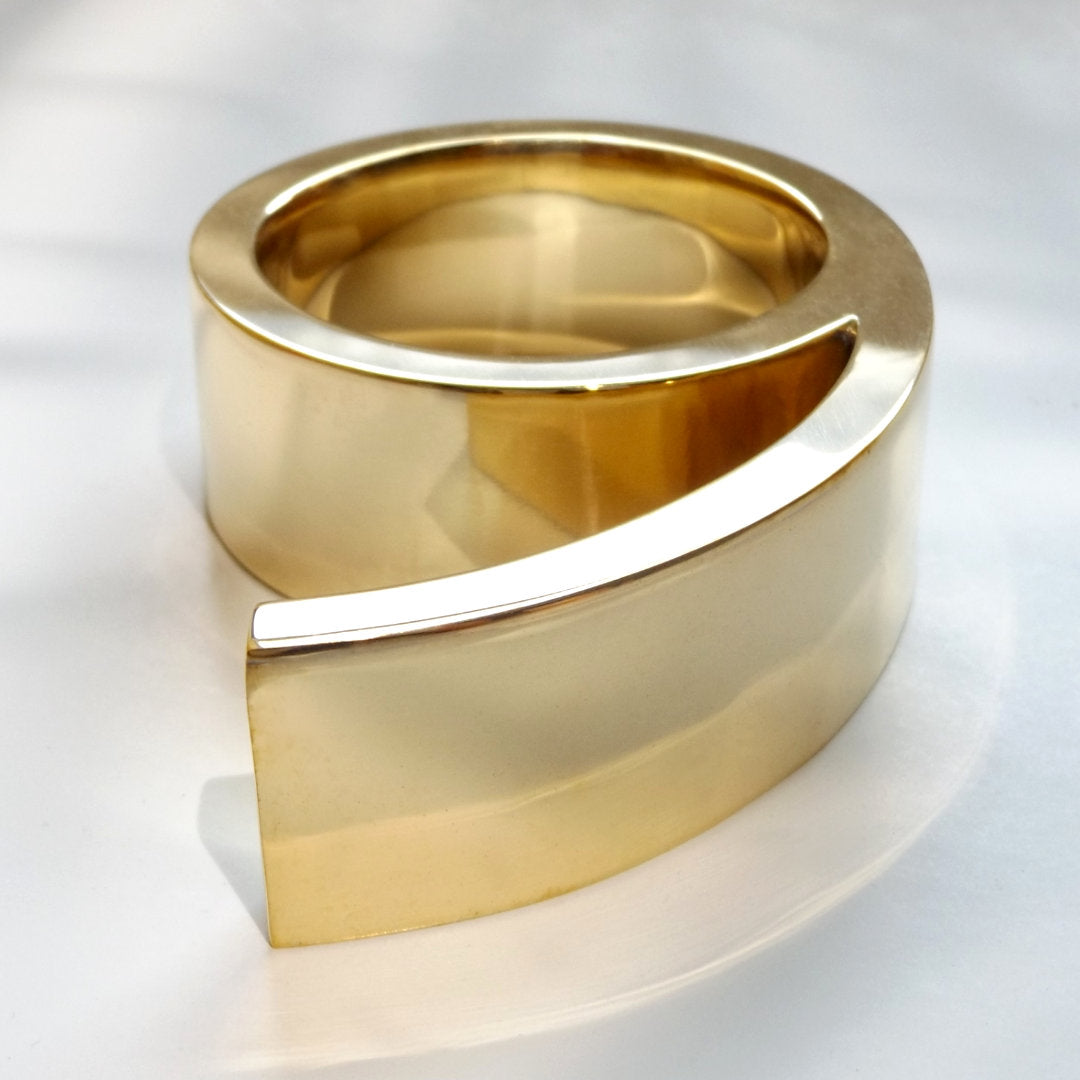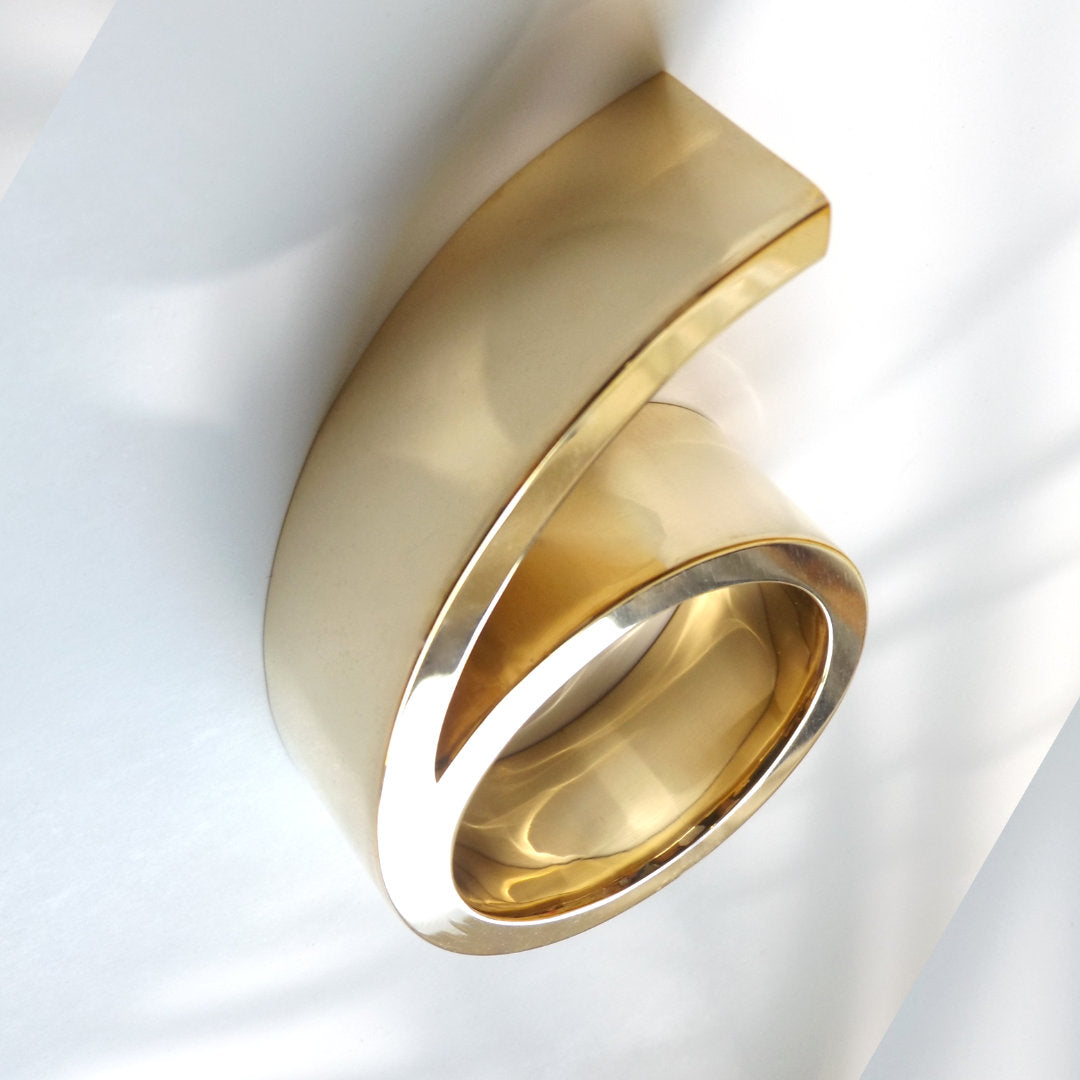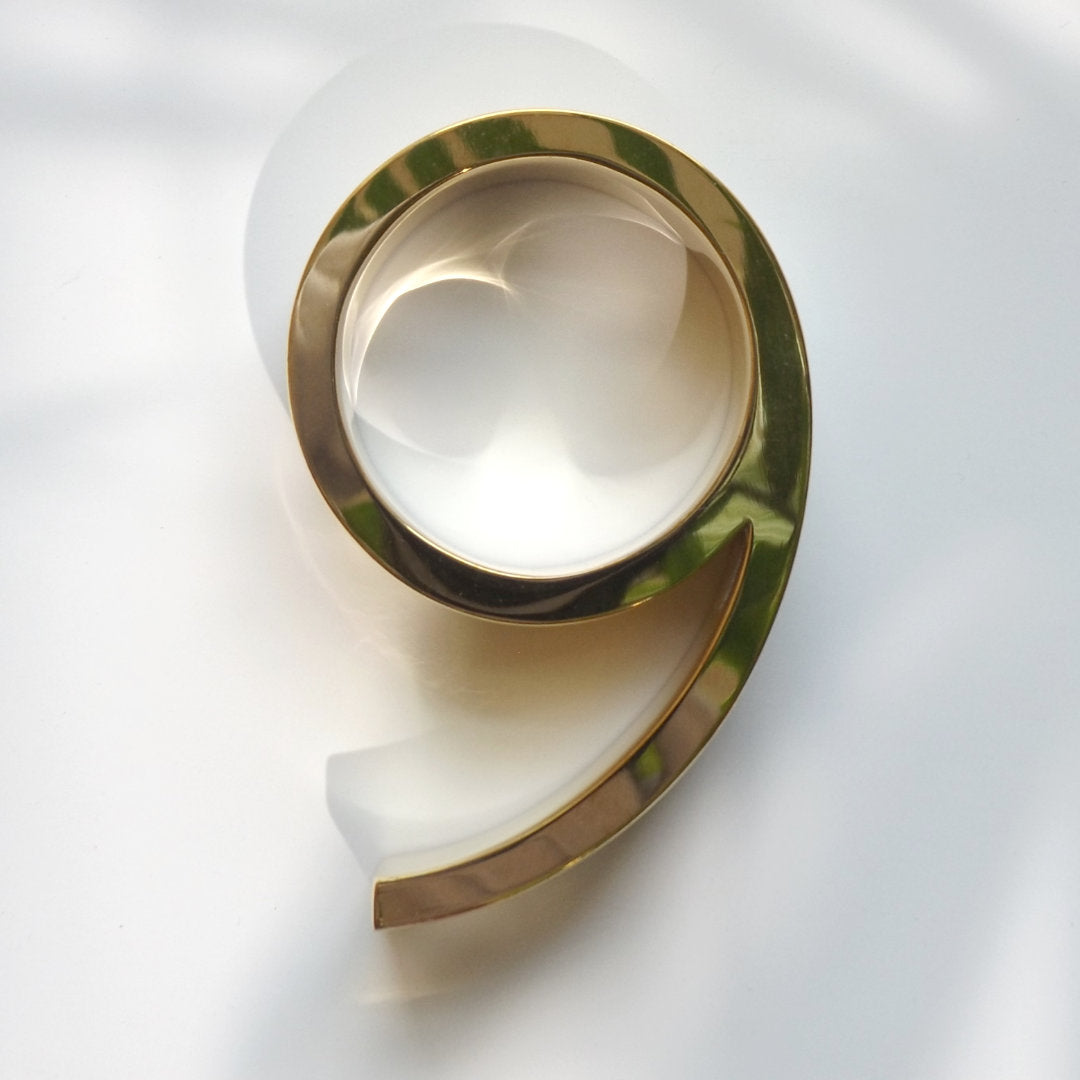Apollo Marconi
6x1.25in|152x32mm Brass - Polished #8 - No Clearcoat
6x1.25in|152x32mm Brass - Polished #8 - No Clearcoat
Handmade architectural address numbers & letters from the same craftsmen selected by Design Within Reach to supply their Stainless Neutra House Numbers circa 2004-09.
Material
Material
E X E C S U M M A R Y
Brass Alloy 280, also known as Muntz Metal [this content is a placeholder – until our brass alloy specs have been finalized], presents a range of features and benefits that make it a valuable option for crafting address numbers and sign letters. Its elegant aesthetic, corrosion resistance and affordability cater to the preferences of architects, designers, and homeowners seeking a classic and versatile material. However, considerations such as patina development, maintenance, and its reaction to certain environments should be taken into account when selecting this material.
M O R E . . .
1. **High Zinc Content:** Brass Alloy 280 is primarily composed of copper and zinc, with a higher zinc content compared to other brass alloys. This imparts specific properties that make it suitable for various applications.
2. **Yellow-Gold Appearance:** The higher zinc content lends Brass Alloy 280 a distinct yellow-gold color that adds a classic and inviting visual appeal to address numbers and sign letters.
3. **Corrosion Resistance:** This alloy offers good corrosion resistance in typical outdoor and indoor environments, making it suitable for applications that might encounter moisture and moderate atmospheric conditions.
**Considerations:**
1. **Patina Development:** Over time, Brass Alloy 280 can develop a patina. This natural aging process might not be uniform, so our we include a medium and dark oxidized finish in our product catalog. See SURFACE and FINISH for more on this topic.
2. **Maintenance:** To maintain the alloy's original color, regular cleaning and maintenance is necessary. If you are seeking a finish that will not change over time, this is not for you.
3. **Zinc Content and Dezincification:** The higher zinc content can make Brass Alloy 280 susceptible to dezincification, a process where zinc leaches out of the alloy in certain corrosive conditions. However, this is more relevant for plumbing applications than for address numbers and sign letters.
4. **Limited Marine Use:** While Brass Alloy 280 has corrosion resistance, it might not be the best choice for highly corrosive marine environments or areas with excessive salt exposure. See our COPPER options.
Manufacture Method
Manufacture Method
E X E C S U M M A R Y
The "reverse channel" or "fabricated channel" method is a sophisticated and lower carbon footprint method of crafting dimensional sign letters. It combines cutting-edge CNC technology to shape the faces with the artistry of skilled silversmiths who shape the sides of the letters. Silver solder or other types of solder are used to securely attach the faces and returns. The right angle meeting point of the two surfaces are then blended to achieve either a satin brushed or mirror polished finish, resulting in meticulously crafted letters that are both visually appealing and durable.
M O R E . . .
**Lower Carbon Footprint:**
The method described below is a "greener" use of materials as the end product is hollow, using a fraction of the metal that would normally be consumed for solid letters and numbers of this size. The training and dexterity required from the artisanal standpoint is where this manufacturing method gets its most meaningful inputs.
**CNC Technology for Cutting Faces:**
- CNC technology plays a pivotal role in this process by precisely cutting the faces of the letters and numbers. This ensures accuracy and consistency in the shapes and dimensions, forming the foundation of the letter design.
**Handwork by Trained Silversmiths:**
- Skilled silversmiths, who possess specialized expertise, are essential for shaping the sides or "returns" of the letters. Their craftsmanship becomes particularly crucial for shorter, smaller characters with narrow strokes and deep returns, where manual shaping is more intricate, ensuring the letters achieve a seamless and visually appealing three-dimensional appearance.
**Soldering and Fastening:**
- Inside the open back of each letter, silver solder or other types of solder are applied to securely fasten the faces to the returns. This soldering process reinforces the structural integrity of the letters.
**Blending Faces and Returns:**
- To create a harmonious transition between the faces and returns of the letters, the surfaces are meticulously blended together. This process involves using abrasive tools like a Dynafile and/or other gentler abrasives, depending on whether a satin grained (#4) or mirror polished (#8) finish is specified.
**Attaching Threaded Stud Locations:**
- Depending upon the overall size or complexity of the number or letter shape, 3 to 5 nuts are attached with solder to metal straps and in turn secured to the open backs of each number or letter with solder. These accept the threaded studs that come with each order and over which the spacer tubes are placed prior to installing in the holes drilled into the mounting surface (wall, door, fence post, etc). We also offer alternate attachment/affixing axes such as bottom mount or top mount, as well as offering enclosed backs to match the faces and returns should they be visible from the back.
**Creating the Drilling Pattern:**
The hole pattern for each number is transferred carefully to a single paper drilling pattern for the whole address set. The look of this is based upon your approved layout for the set – whether vertical, monospaced, diagonal or other tracked and kerned specifications – which you have relayed to us.
Surface
Surface
A #8 metal surface's mirror-polished finish reflects foliage and nearby architectural elements and finishes with remarkable clarity, offering both advantages and drawbacks. Careful consideration is necessary to harness its benefits while mitigating potential downsides.
If your attachment location is above eye level, and across from a view of open sky (rather than foliage) this is a natural lighting environment well suited to the #8 finish.
For best results, consider what the complimentary angle shows the first time searcher of your address. When approaching in a vehicle, would your polished address numbers offer your visitor a view of the plantings on the other side of your property? This can be fine if the surface they are installed to has a brighter LRV (light reflectance value) than your foliage. If however they are installed to a darker surface, you may find that what they reflect back to the eye creates a cloak of invisibility. If so, and you prefer authentic integral metal over painted surfaces, you will find the more subtle approach of the #4 finish to your liking.
NOTE: None of the above applies to our oxidized brass and copper, which start out with a polished surface, but after oxidizing acquire a muted satin quality with none of the above described quirks affecting visibility.
Also Noteworthy: The reflective surface may require more frequent cleaning and maintenance to preserve its pristine appearance, making it less suitable for marine adjacent environments and regions with frequent morning fog or daily rainfall.
Finish
Finish
Couldn't load pickup availability
Shipping & Returns
Shipping & Returns
Care Instructions
Care Instructions
Share



LAFD Address Number Calculator

Preserve the Legacy, Embrace Authenticity
When you choose us, you’re not just purchasing a product—you’re investing in a piece of history. Our brand was built on a commitment to authenticity, inspired by the timeless artistry of mid-century modern design. Every piece we create honors the craftsmanship and integrity of the original era, ensuring that the legacy of modernism is preserved for generations to come. For those who value design with a story and a soul, we are here to help you bring true authenticity into your home.



